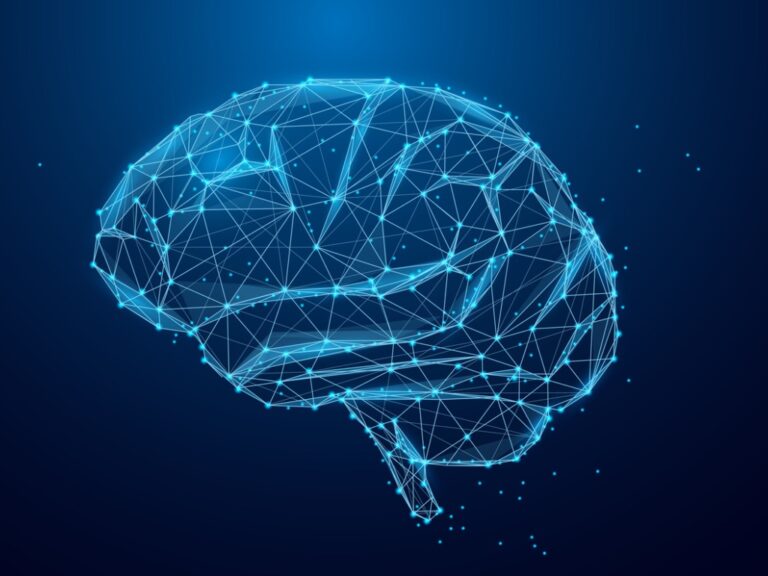AI-Based Knowledge Management Has Taken Over From Humans
January 31, 2024

Ongoing debates in the field of knowledge management (KM) have centered on defining knowledge and information, identifying their differences, and determining the feasibility of capturing tacit knowledge in the human brain and codifying it within information systems. In the past, KM has faced issues with systems that have over-promised and under-delivered. However, the emergence of AI-based KM has introduced fundamental questions that could reshape core KM principles, as per an article by RealKM.
Traditionally, the Data, Information, Knowledge, Wisdom (DIKW) pyramid has been a conceptual framework for understanding how raw data can be transformed into actionable insights. Technology is at the lowest level of the pyramid, dealing with raw data and organizing information for humans to understand. Knowledge is in the middle of the pyramid, codifying human tacit knowledge and machine-generated actionable insights. Wisdom, representing collective learning, is at the top of the pyramid.
AI has reduced human involvement in KM, allowing tacit knowledge and wisdom to be taken over by machines. However, relying on machines for organizational knowledge and wisdom poses transparency and accountability challenges. According to technologist David Weinberger, “We are increasingly relying on machines that derive conclusions from models that they themselves have created, models that are often beyond human comprehension, models that ‘think’ about the world differently than we do.”
If the creation of knowledge and wisdom resides within machines, future challenges might not be capturing tacit knowledge from humans but deciphering the knowledge and wisdom in AI systems.
Critical intelligence for general counsel
Stay on top of the latest news, solutions and best practices by reading Daily Updates from Today's General Counsel.
Daily Updates
Sign up for our free daily newsletter for the latest news and business legal developments.




